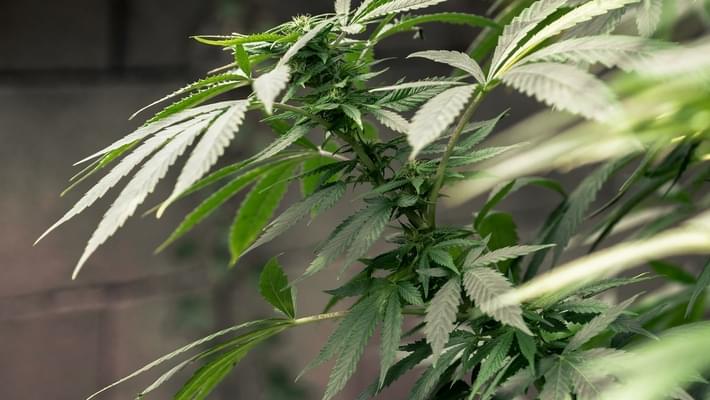
Opioid commission's anti-marijuana argument stirs anger
Published on 11/13/17
Earlier this month Gov. Chris Christie wrote a troubling letter to Donald Trump saying that the he's concerned about incoming marijuana legalization as it could worsen the U.S.'s current opioid epidemic. The problem with Christie's claims is that they're not in anyway supported by research and experts are concerned why the presidential commission on opioids are concerned with cannabis at all. If anything current research is showing that the presence of legal medical marijuana has reduced opioid deaths by 25% compared to states without legal cannabis. It seems the president's team is obsessed with traditional marijuana propaganda as they continue to claim known fallacies and refuse to acknowledge any research supporting medical marijuana's value. It's time that cannabis is properly researched for medical value and federal policy should reflect those findings.
But some experts say the commission's fixation on marijuana was bizarre and troubling, lending credence to outdated views of marijuana as a gateway drug. And these experts want to nip such thinking in the bud.
They emphasized that they support efforts to curb the nation's opioid epidemic, but not the demonization of marijuana in the process."I was surprised to see negative language about marijuana in the opioid report," said Dr. Chinazo Cunningham, a professor of medicine at the Albert Einstein College of Medicine. "Research that examines pain and marijuana shows that marijuana use significantly reduces pain. In addition, the majority of studies examining marijuana and opioids show that marijuana use is associated with less opioid use and less opioid-related deaths."
"The positive impact that legalized cannabis is having on the opioid epidemic in states that have robust legal marijuana programs should be further studied before politicians make conclusory allegations that support their preconceived notions and political agendas," Kulick said.
